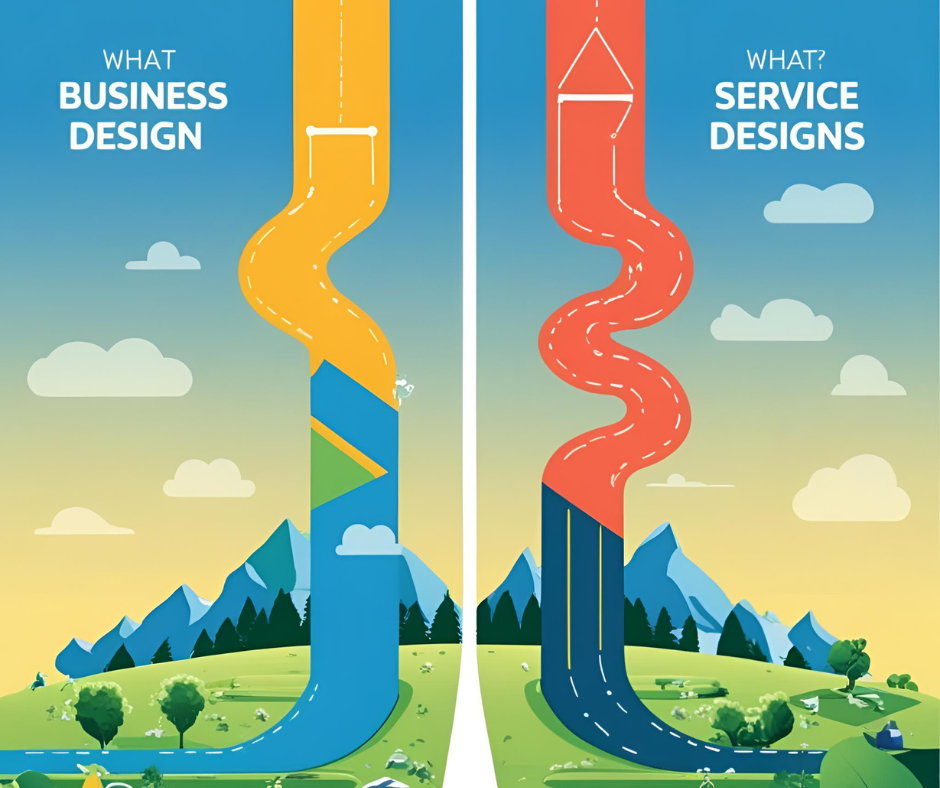How to Identify Project Assumptions and Risks
Identify project assumptions and risks.
Another part of defining a project is to figure out what assumptions and risks the project has. With that out of the way, let’s start with some assumptions. There’s a good chance that you won’t have all the information you need when you start a project. Take it easy. In this case, you can make assumptions about that information so that you can move forward with the project.
There are many things to think about when planning a project, like how much system customization is needed and how much in-house resources you’ll need. The assumption could change how long the project takes. Later, when you know more about the project, you can look back at your assumptions and change them if necessary.
You might think that the system doesn’t need to be changed very much. Based on that, you think you’ll need three in-house IT people, and they’ll need a month to finish their part of the project. It can be hard when people don’t know they’re assuming something. In that case, they don’t make sure that something is true before they do. People can come up with different ideas. If those assumptions aren’t brought out into the open, someone will be let down by them.
As you plan and define the project, think about uncovering assumptions that haven’t been talked about. For example, say that you believe the system vendor will load data into the database, and the system vendor thinks your internal IT group will do that job, but you don’t know for sure. The most important thing is to get your assumptions out in the open so you don’t make them up. Ask people what they think about the project and what they expect. People will be on the same page then.
Now, let’s talk about the risks. A risk could happen that could have an impact on your project in a good or bad way. When a risk isn’t clear, then it is a risk. As soon as possible, find out what could go wrong with the project. Don’t be afraid to ask again.
This is mostly to help management decide whether or not to invest in the project. If you find a lot of risks, and some of them are very scary, your boss might think it would be better to stop the project and start another one instead.
Assumptions and risks are manageable if you know about them before you start. For practice, think of a few things that could go wrong with the hospital scheduling project.






